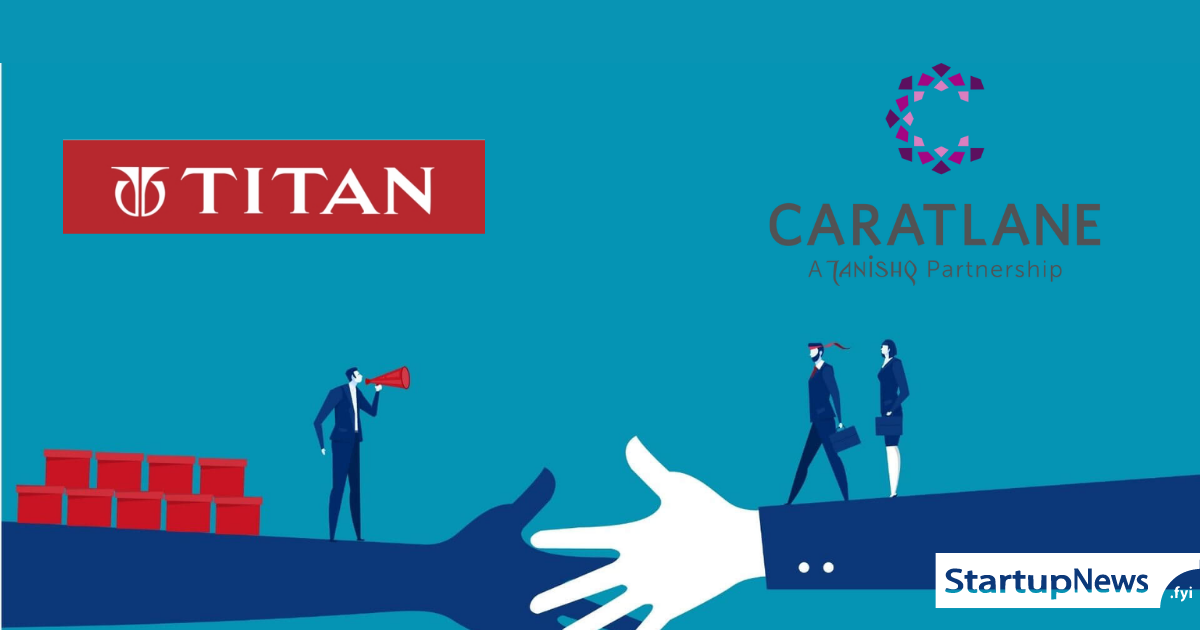Titan, the watchmaking giant owned by Tata, has recently entered into a share purchase agreement to acquire an additional 27.18% stake in the omnichannel jewellery startup CaratLane. The deal, worth INR 4,621 Crore, indicates that CaratLane’s valuation has surged past INR 17,000 Crore ($2 billion), propelling the jewellery brand into the coveted unicorn club. With this acquisition, Tata’s portfolio now includes four unicorns, including BigBasket, Tata 1mg, and Cultfit.
Titan Continuing Partnership Since 2016
This development follows nearly seven years after Titan initially acquired a majority stake in CaratLane back in 2016, valuing the omnichannel jewellery brand at approximately $69 million.
Titan Acquisition Details and Financial Plans
As per the regulatory disclosures submitted to the Bombay Stock Exchange (BSE), Titan is set to purchase 91.9 lakh equity shares from a founder of CaratLane through an all-cash transaction. This acquisition will elevate Titan’s shareholding in CaratLane from the current 71.09% to 98.28%. The funding for this deal will be a combination of cash reserves, internal accruals, and debt.
Pending Approvals and Timeline
The transaction is subject to regulatory clearance from the Competition Commission of India (CCI) and other closing conditions. Titan anticipates the deal’s completion by October 31st, contingent upon obtaining all requisite approvals. The proposed acquisition is categorized as not falling under any related party transactions.
CaratLane’s Growth Trajectory and Acquisition Landscape
In 2008, Mithun Sacheti and Srinivasa Gopalan founded CaratLane. The brand operates in India and the US, designing and selling jewelry through various channels. In the past three years, it showcased strong growth. Its total income rose from INR 723 Crore in FY21 to INR 2,177 Crore in FY23. This acquisition arrives during a tough funding phase for Indian startups. According to Inc42, startup funding dropped by 78.5% YoY to $580.18 million in June 2023. CaratLane competes in the jewellery space with homegrown startups such as GIVA, BlueStone, and Melorra. The acquisition resonates within the broader context of the burgeoning Indian direct-to-consumer (D2C) sector, projected to present a market opportunity of $400 billion by 2030, housing over 50,000 digital-first brands.



![[CITYPNG.COM]White Google Play PlayStore Logo – 1500×1500](https://startupnews.fyi/wp-content/uploads/2025/08/CITYPNG.COMWhite-Google-Play-PlayStore-Logo-1500x1500-1-630x630.png)